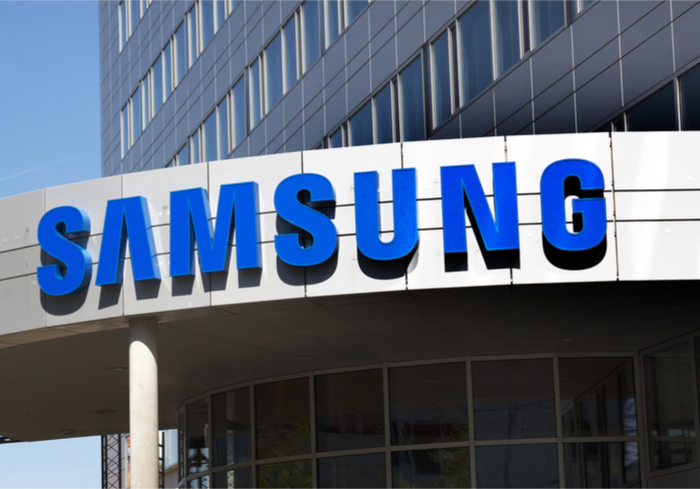Samsung Eyes Second Smart Speaker

A new report claims that Samsung is set to release another smart speaker next year, in addition to the Galaxy Home.
According to SamMobile, the other Samsung speaker will reportedly bear the model number “SM-V310” and come in black.
While pricing for the Bixby-powered Galaxy Home has yet to be revealed, the fact that it will boast such features as AKG audio, eight microphones, and the ability to direct sound towards the user’s position, means it will probably compete with the Apple HomePod, which costs $349.
With that in mind, it is assumed that the second Samsung speaker will compete with the likes of the Amazon Echo and Google Home, which both retail for less than $200.
Aside from its smart speakers, Samsung is working to install Bixby, its voice-activated digital assistant, on all of its electronics by 2020. A recent report noted that in addition to smartphones, Bixby will also be in televisions, refrigerators and air conditioners.
“If consumers can use Bixby with TVs, refrigerators, and ovens, this will provide them with completely different user experiences,” Lee Ji-soo, the company’s vice-president for wireless business, said at a company conference.
Bixby launched in March of 2017 with the Galaxy S8 mobile phone, with critics complaining about the lack of functionality. According to data, Bixby is only used by 6 percent of consumers in the U.S., while Amazon is at 24 percent, Apple is at 22 percent and Google is at 20 percent.
To get more people to use it, Samsung will make Bixby available in additional foreign languages during the next few months, as well as launch a software developer kit.
But not everyone is convinced: “It is all about expanding its ecosystem, but Samsung has a poor track record with software and services,” said Kim Young-woo at SK Securities. “I am still skeptical about how many languages Bixby can really understand and how many consumers it can attract for its service.”